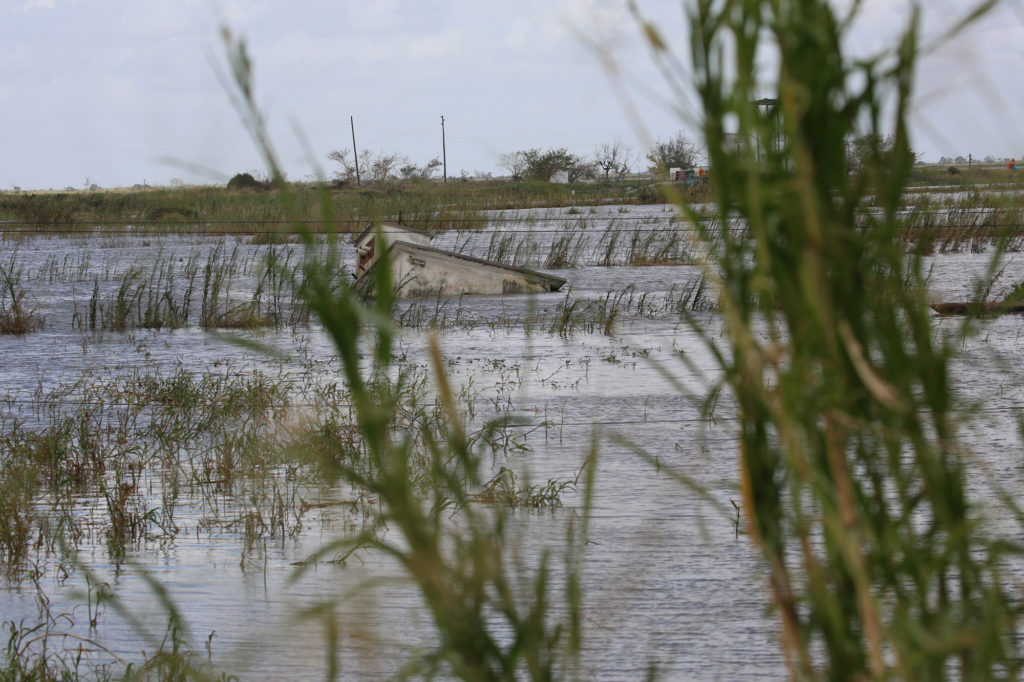
SOUTHEASTERN AFRICA
CYCLONES IDAI & KENNETH
International Medical Corps has deployed a team of response experts to help those affected by the devastating cyclones that have battered southeastern Africa.
The United National Office for the Coordination of Humanitarian Affairs (OCHA) estimates that nearly 3 million people in Malawi, Mozambique and Zimbabwe were affected by Cyclone Idai, which made landfall on on March 14 and 15 with torrential rains, destructive winds and deadly flooding. More than 1,000 people died, thousands more are missing and hundreds of thousands have been displaced from their homes.
The situation got even worse when Cyclone Kenneth hit northern Mozambique on April 25 with sustained winds topping 140 mph, killing scores of people, destroying at least 45,000 homes and displacing many thousands of families. The storm was the strongest tropical cyclone to make landfall in Mozambique since modern recordkeeping began.
The cyclones washed out roads, bridges and other critical infrastructure in their paths, while high winds damaged or destroyed countless homes and buildings—including health centers and hospitals. The effects of the disasters on crops and livelihoods will be felt for many months to come. Though waters have begun to recede in some areas, continued rains mean that flood conditions still exist in others, restricting access by aid providers to information—and by local populations to much-need supplies, including food, clean water and healthcare.
Initially leveraging our long-standing presence in Zimbabwe as a response platform, we deployed experts to affected areas in the region to quickly expand support for health, medical and other needs, and are working with partners, government ministries and international agencies to build and expand response efforts. The primary needs include water, sanitation and hygiene (WASH) services, including a need for hygiene kits and access to clean water; healthcare, including access to medicines, and treatment and prevention of acute watery diarrhea and cholera; shelter for the displaced; nutrition; protection for women and children; and mental health and psychosocial services.
During this rapidly evolving crisis, there is one constant: the needs of those affected will continue to rise. Check this page frequently for updates—and to find out how you can help.
From the Field







Under Water
Floodwaters engulf a house in Mozambique.
Getting Around
Boats are still the only form of transportation in areas of the country that remain underwater.
Rising Above
Rooftops were the only form of escape for some people.
Waiting for Food Relief
People gather to receive emergency food from the World Food Programme. The distribution was organized by Mozambique's Ministry of Economic Affairs.
Hope in the Midst of Disaster
Food supplied by the World Food Programme and the US Agency for International Development is a crucial lifeline for victims of the floods caused by Cyclone Idai.
Escaping the Floods
Tens of thousands of people have been displaced by Cyclone Idai.
Assessing the Situation
International Medical Corps Program Officer Caroline Farris talks to a pregnant woman at a camp in Nhamatanda, Mozambique, during an assessment of a hospital there. Pregnant women are a special focus of aid efforts because some 7,400 are expected to give birth in the next six months.